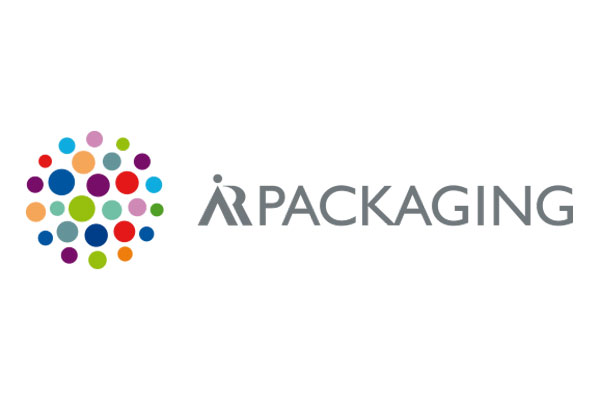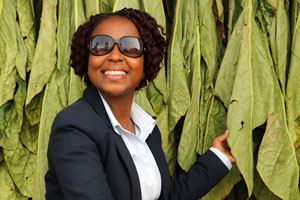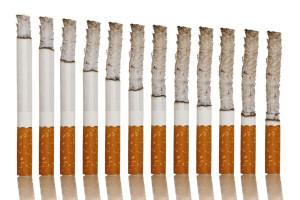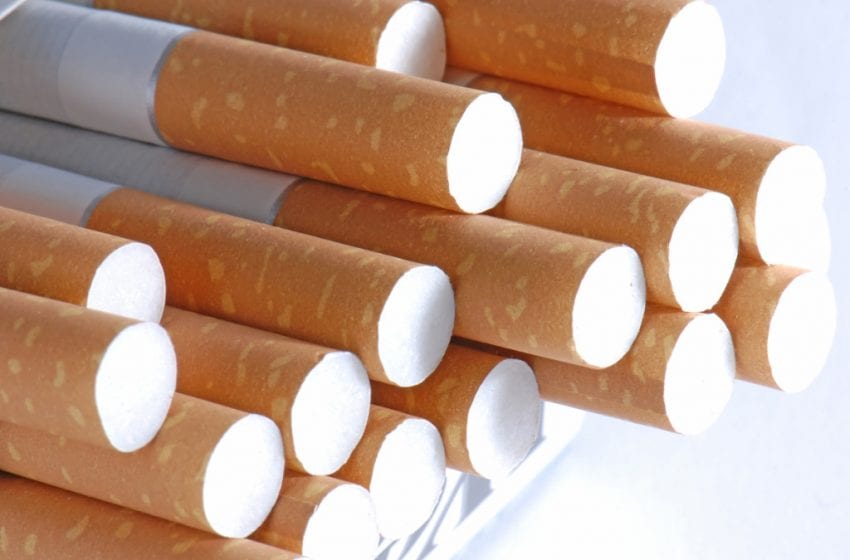The U.S. Food and Drug Administration (FDA) is investigating a possible link between vaping and seizures.
In a statement released on April 3, FDA Commissioner Scott Gottlieb and Principal Deputy Commissioner Amy Abernethy wrote that the agency was aware of 35 reported cases of seizures following the use of e-cigarettes between 2010 and early 2019.
“While 35 cases may not seem like much compared to the total number of people using e-cigarettes, we are nonetheless concerned by these reported cases,” they said. “We also recognize that not all of the cases may be reported. We believe these 35 cases warrant scientific investigation into whether there is in fact a connection.”
The regulators stressed that they did not know yet whether there is a direct relationship between the use of e-cigarettes and a risk of seizure.
“We’re sharing this early information with the public because as a public health agency, it’s our job to communicate about potential safety concerns associated with the products we regulate that are under scientific investigation by the agency.”
Shares of tobacco manufacturers that have embraced electronic devices declined in the wake of the news. The stock price of Altria Group, which has a large stake in Juul Labs fell nearly 5 percent; Philip Morris International declined by 2.5 percent while British American Tobacco shares slid nearly 3 percent.










